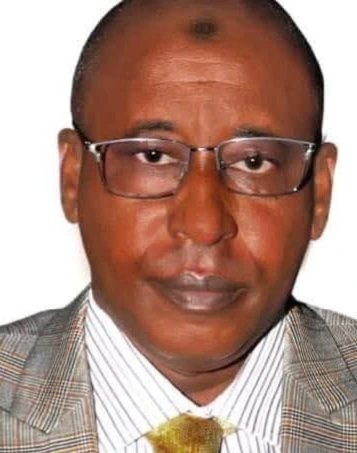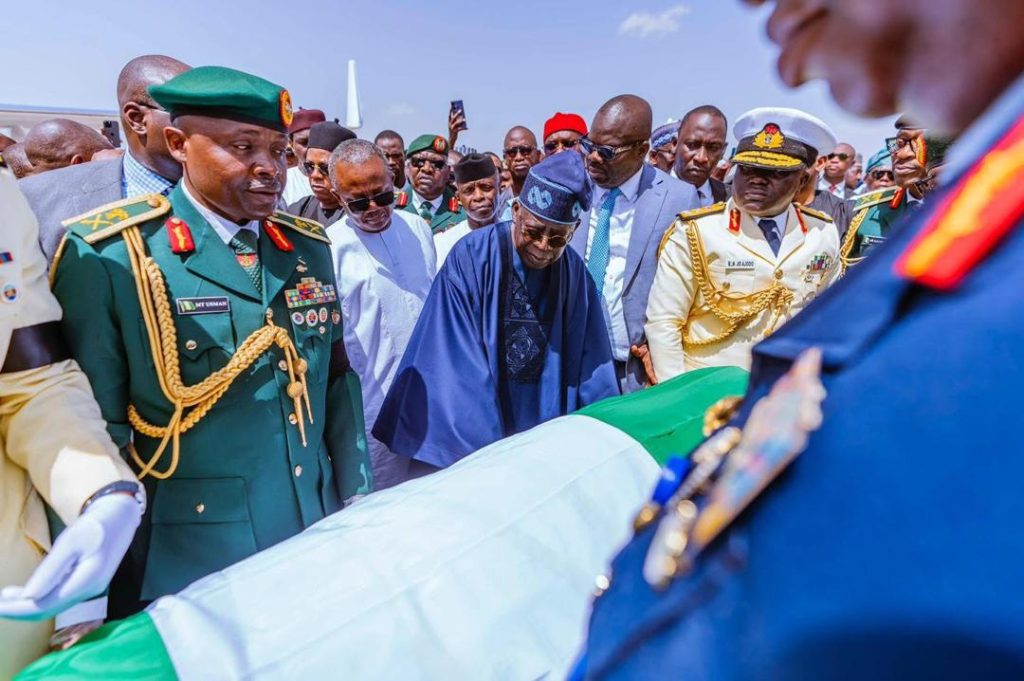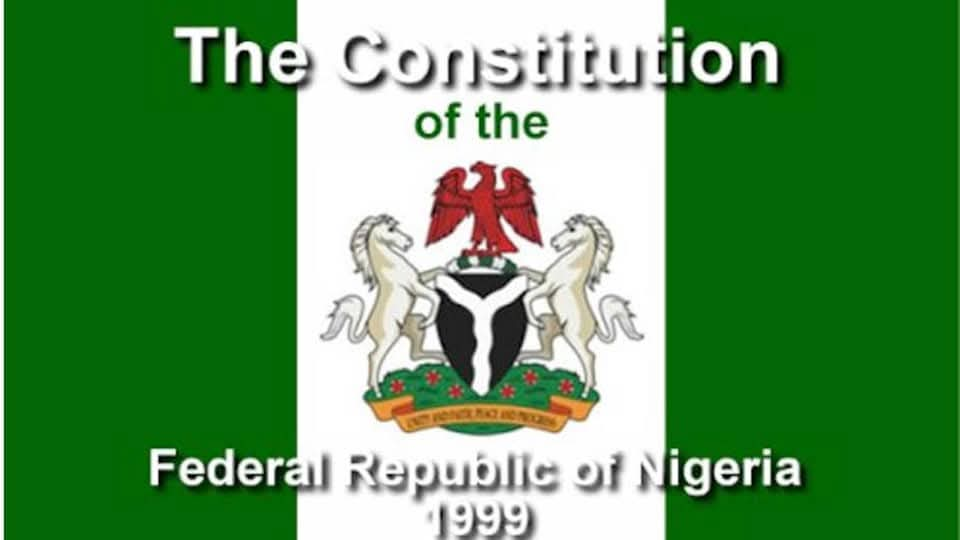World
Trump removes top female US admiral from NATO
DDM News

In a move that has unsettled military circles, Vice Admiral Shoshana Chatfield has been removed from her NATO position.
The North Atlantic Treaty Organization, commonly known as NATO, is a political and military alliance established in 1949, primarily aimed at ensuring the collective defense and security of its member countries.
The alliance includes several nations from North America and Europe, which collaborate on various defense and security issues to promote mutual peace and stability in the region and beyond.
It has played a pivotal role in maintaining international peace and providing humanitarian aid and support during crises.
According to Diaspora digital media (DDM), the dismissal was reported by Reuters on Monday, citing anonymous Pentagon sources familiar with the matter.
Chatfield’s removal was part of what is increasingly seen as a broader purge of top national security officials.
She served as the United States military representative to NATO’s Military Committee, a highly strategic and advisory post.
Her dismissal marks another shake-up within the Pentagon, following similar actions targeting senior defense and intelligence officials.
The Pentagon has not released an official statement about Chatfield’s removal at the time of this report.
Vice Admiral Chatfield was one of very few women in the US Navy to achieve the rank of three-star admiral.
She previously made history as the first woman to lead the Naval War College, a position she held from 2019 to 2023.
Her military career began as a helicopter pilot, and she rose steadily through the ranks over several decades.
In addition to her military experience, she earned a doctorate in education from the University of San Diego.
She commanded several aviation units and earned numerous awards for leadership and strategic planning.
Chatfield’s contributions to military education and strategic doctrine were widely respected within US and NATO circles.
Her abrupt dismissal has triggered concern among defense analysts and international observers.
It comes on the heels of the recent ouster of General Timothy Haugh, another high-ranking security official.
Haugh was the commander of both the NSA and US Cyber Command before his sudden removal last Thursday.
His dismissal, like Chatfield’s, was carried out without prior explanation or formal announcement.
These back-to-back removals are raising fears of political motives behind the Trump administration’s recent national security decisions.
Critics have called it a “purge,” driven by loyalty-based criteria rather than merit or national interest.
Several sources believe more senior officials may be targeted in the coming weeks.
This potential wave of dismissals could reshape leadership across vital defense and intelligence departments.
The timing is also significant, as the US prepares for its upcoming presidential elections.
Observers argue that Trump seeks tighter control over national security positions ahead of a possible second term.
NATO’s Military Committee, where Chatfield served, advises the North Atlantic Council on collective defense strategy.
Her sudden departure may impact the cohesion and planning within the NATO alliance during uncertain global times.
Tensions with Russia and the security situation in Eastern Europe continue to test NATO’s unity and responsiveness.
The United States has traditionally played a leading role in NATO’s military direction and policy development.
Replacing a senior US figure without notice could disrupt strategic continuity and decision-making within the alliance.
Some analysts suggest the dismissal could damage morale among allies and internal US military institutions.
The White House has remained silent, fueling speculation that more high-level changes are already underway.
While no formal successor has been announced, internal Pentagon discussions are reportedly ongoing.
Chatfield’s supporters argue she was a symbol of professionalism and nonpartisan military leadership.
Her track record showed commitment to international collaboration and democratic defense values.
Defense commentators stress that such removals risk losing critical institutional knowledge during a period of growing global instability.
As NATO continues to adapt to modern threats, experienced leadership remains vital to its effectiveness.
The removal of such a seasoned officer could set a troubling precedent for politically influenced military decisions.
It remains unclear how international partners will respond to this latest personnel shift in US defense leadership.
For now, the Pentagon’s silence leaves unanswered questions about the reasons behind Chatfield’s abrupt exit.
More developments are expected in the coming days as the ad
ministration’s approach to national security evolves.
For Diaspora Digital Media Updates click on Whatsapp, or Telegram. For eyewitness accounts/ reports/ articles, write to: citizenreports@diasporadigitalmedia.com. Follow us on X (Fomerly Twitter) or Facebook










